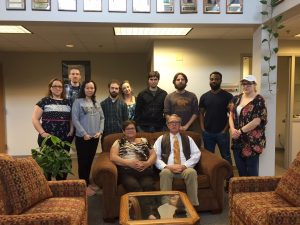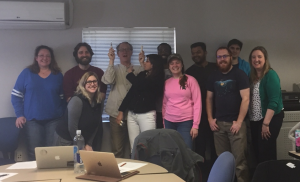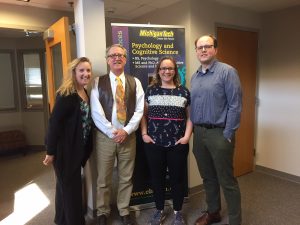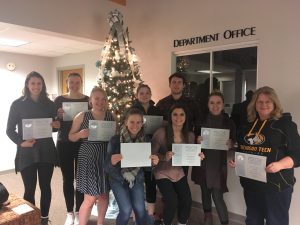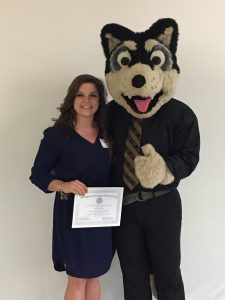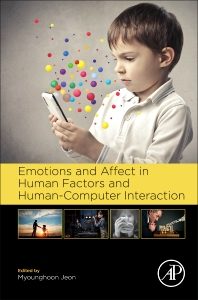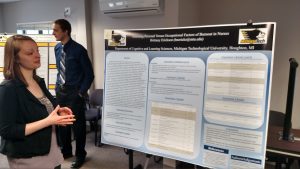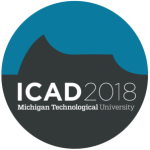 Michigan Technological University has the honor of hosting the 24th annual International Conference on Auditory Display.
Michigan Technological University has the honor of hosting the 24th annual International Conference on Auditory Display.
ICAD is a highly interdisciplinary academic conference with relevance to researchers, practitioners, musicians, and students interested in the design of sounds to support tasks, improve performance, guide decisions, augment awareness, and enhance experiences. It is unique in its singular focus on auditory displays and the array of perception, technology, and application areas that this encompasses. The overarching theme of this year’s conference is sonification as ADSR (art – design – science – research).
Portions of this conference have been made available for free to the general public:
Presentation from Dr. Stefania Serifin
June 11th, 11 a.m. – 12 p. m.
Forestry Building Room G02
20 Years of Sonic Interactions
Presentation from Dr. Carryl Baldwin
June 12th, 11 a.m. – 12 p. m.
Forestry Building Room G02
Auditory Displays to Facilitate Attention Management in Highly Autonomous Systems
Two recent crashes in January 2018 involving Tesla’s Model S, underscore the importance of the need for driver’s to maintain awareness in semi-automated vehicles, even when the autopilot is engaged. Despite manufacturer’s warnings and cautionary statements in owner’s manuals, decades of research in vigilance indicates that this will be a challenge, if not impossible for most drivers. This talk will focus on our recent and on-going research developing novel methods of assisting the driver with attention management in highly autonomous systems. Included in this discussion will be a discussion of the methods to develop and validate effective auditory collision avoidance alerts, driver state monitoring with low-cost physiological sensors, and using specific types of music as a means assisting operators with maintaining sustained attention.
Diversity Workshop
June 12th, 3:30 p.m. – 5 p.m.
Forestry Building Room 144
A hands-on workshop on the development of audio-based educational tools and teaching scenarios of activities pertinent to the ICAD domain.
Sonification Concert
June 13th, 6 p.m. – 7 p.m.
Rozsa Center for the Performing Arts
Experience experts’ takes on sonification in concert setting.
You may also register for the full conference here. For more details, visit http://icad2018.icad.org/
Partial funding is provided by the Visiting Women & Minority Lecture/Scholar Series (VWMLSS) which is funded by a grant to the Office of Institutional Equity and Inclusion from the State of Michigan’s King-Chavez-Parks Initiative.
